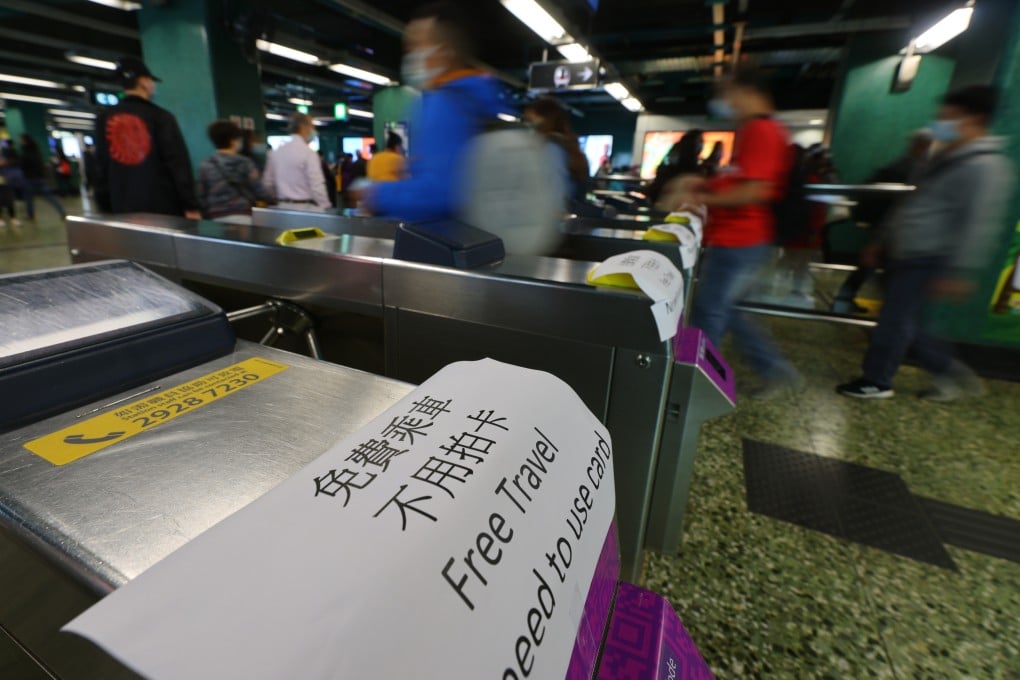Advertisement
Letters | Why free travel on election day was a win-win for Hong Kong
- Readers discuss the enthusiastic take-up of free public transport on Sunday and how to make the scheme more effective, post-pandemic tourism, and the help needed in Afghanistan
Reading Time:3 minutes
Why you can trust SCMP

The curtain came down on the most momentous day for Hong Kong in 2021 after the results of the Legislative Council election were announced on Monday (“5 takeaways (and 1 surprise) from the Hong Kong Legislative Council election 2021”, December 20). The voter turnout rate was around 30 per cent, the lowest since the handover in 1997.
The atmosphere at polling stations was dull and cheerless after peak hours, in stark contrast to the crowds that swarmed shopping centres, parks, as well as Disneyland and Ocean Park.
Although the government said the free travel on polling day was meant to encourage people to go out and vote, it appears that the result was that those who planned other outings had an enjoyable day. Free public transport might end up being a more effective way to boost revenue for retailers during the Christmas and New Year season, instead of targeted measures such as the consumption voucher scheme.
Advertisement
Additionally, the government must have anticipated a low voter turnout for the election. In the end, those who wanted to vote did so, and others who decided not to vote enjoyed a happy weekend taking advantage of the free travel. It seems that groups who take different political stances can coexist in harmony, instead of resorting to violence.
Isn’t that the best outcome for Hong Kong under the current circumstances?
Advertisement
Liao Sizhe, Sha Tin
Advertisement
Select Voice
Choose your listening speed
Get through articles 2x faster
1.25x
250 WPM
Slow
Average
Fast
1.25x